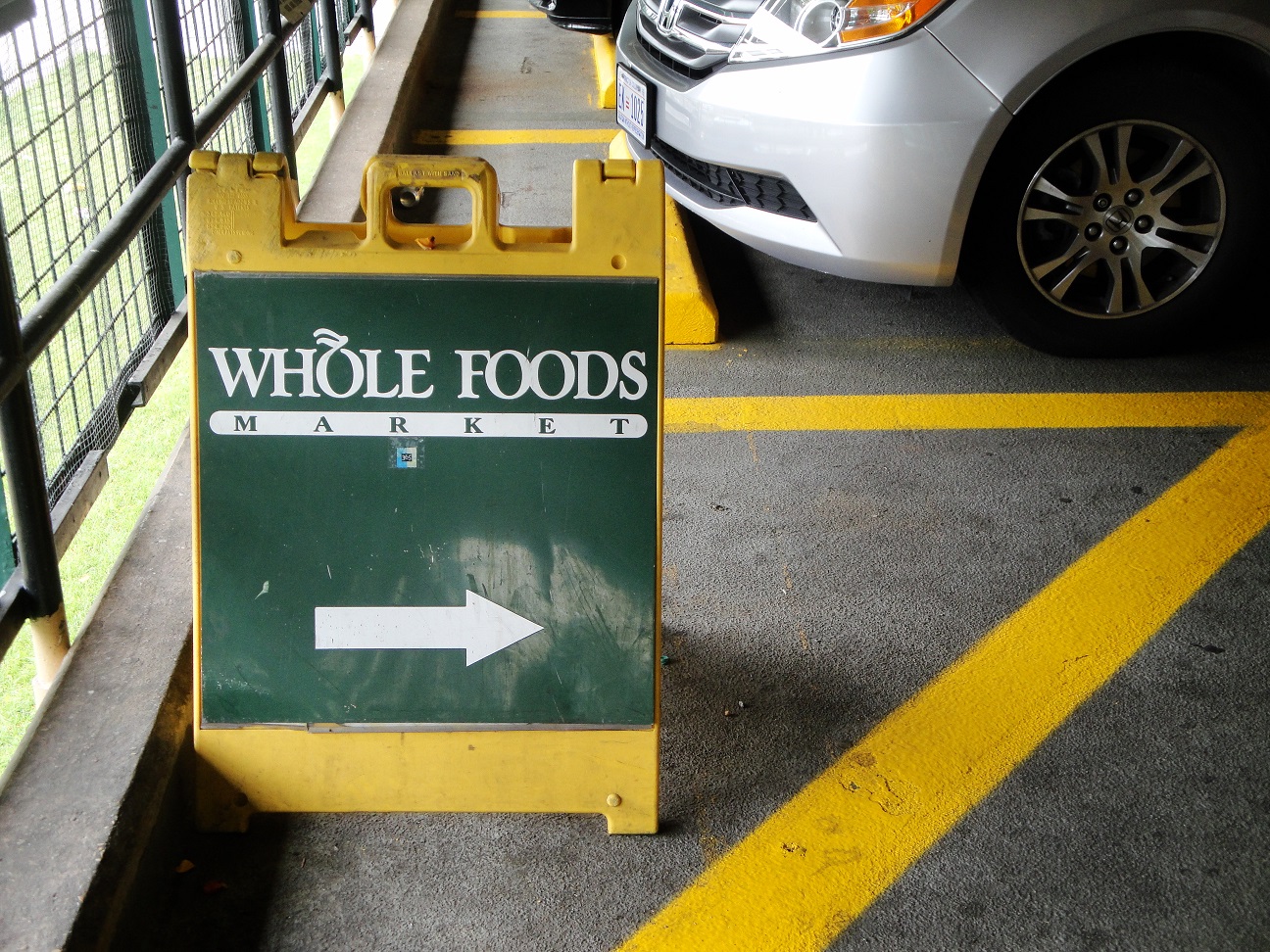How Whole Foods Market Made Natural Foods Mainstream

In 2015, Whole Foods Market earned $536 million in net profits. By late 2016, the natural foods behemoth operated more than 450 stores. But in the summer of 2017, Amazon purchased the company for a whopping $13.7 billion. Now the organic supermarket pioneer is owned by one of the most brutally efficient and standardized retailers in the world, a corporation with a relentless focus on selling things cheaper and faster. Whole Foods has forever changed the natural foods business in the United States. But how did all this happen? The company launched in 1980 in Austin, Texas, in a very different time and place for natural foods than today’s Seattle where Amazon is based. Austin had carried the unofficial title of countercultural and progressive…
